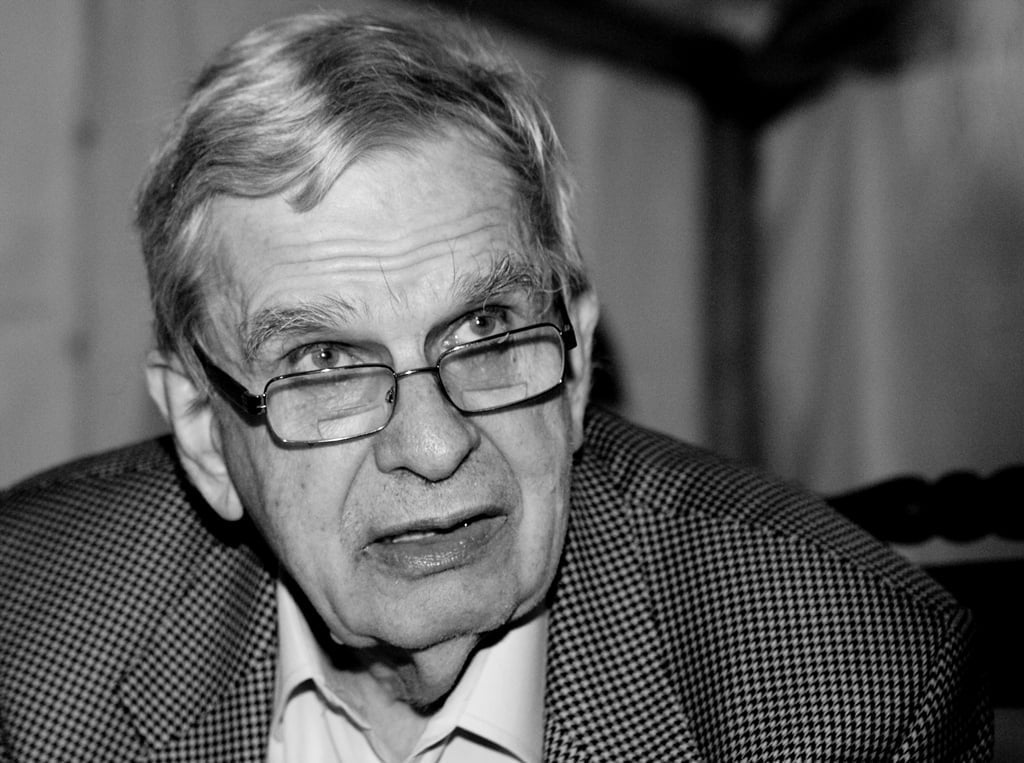
Tomas Venclova
- Lithuania, USA
- Zu Gast beim ilb: 2012, 2017
Tomas Venclova was born in the Lithuanian harbour city of Klaipéda (formerly Memel) in 1937. He studied Lithuanian Language and Literature and Russian Literature in Vilnius. During longer abodes in Moscow (1961–1965) and Leningrad (1969–1972) he met other writers and dissidents, and became an activist in the civil rights movement. He became friends with the poet Anna Achmatova, and with Alexander Ginzburg, Joseph Brodsky and other authors. Between 1966 and 1971, he studied Semiotics and Russian Literature at the Estonian University of Tartu. He then returned to Vilnius and became a lecturer in the History of Literature and Semiotics at Vilnius University. In 1976 he was a co-founder of the Lithuanian Helsinki Group, which campaigned for the protection of human rights. In the following year he managed to emigrate to the USA with the help of Brodsky and thanks to the mediation of Czesław Miłosz. He was a visiting professor at the University of California in Berkeley, and as a consequence lost his Lithuanian citizenship. The USA granted him political asylum. He has taught Slavonic Literature in Yale from 1980 until 2012, where he obtained his doctorate in 1985 and became a professor in 1993.
Since his poems and essays were censored in his home country, he produced most of his works in exile. Venclova translated Achmatowa, Brodsky, Miłosz and Boris Pasternak, Ossip Mandelstam, Baudelaire, Michaux, Pound and Eliot into Lithuanian. One of his first poems »Hidalgo« was published in the Samisdat, also as a protest against the quelling of the Hungarian uprising in 1956. It says: »We will never understand, why / we are fated places and stands, / bullets, rope and the cupola.« Venclova is doubtlessly one of the most important Eastern European poets. About his poetry Brodsky said: »Venclova’s song begins, where the voice normally fails, breaks, and where all forces of the soul are exhausted.« In his very formal poetry, Venclova focuses on rhythm and sound, and the particular qualities of the Lithuanian language. His themes are contemporary history, the loss of one’s home, and, of course, linguistic expression. Thanks to the translations by Durs Grünbein and others, a part of Venclova’s oeuvre is available in German, including the two anthologies »Vor der Tür das Ende der Welt« (2002; tr: In front of the door the end of the world) and »Gespräche im Winter« (2007; tr.: Winter conversations), and his city portrait »Vilnius – Eine Stadt in Europa« (2006, tr.: Vilnius. A City in Europe ).
In the summer term of 2010, Venclova commenced the Samuel Fischer Visiting Professorship for Literature at the Free University Berlin. He lives in New Haven (Connecticut) and Vilnius, and is currently a guest of the DAAD Artists-in-Berlin Program.
© internationales literaturfestival berlin
Aleksander Wat
Life and Art of an Iconoclast
Yale University Press
New Haven, 1996
Forms of Hope
Essays
The Sheep Meadow Press
Rhinebeck, 1999
Vor der Tür das Ende der Welt
Gedichte
Hanser
München, 2002
[Ü: Rolf Fieguth]
Vilnius. Eine Stadt in Europa
Suhrkamp
Frankfurt a. M., 2006
[Ü: Claudia Sinnig]
Gespräche im Winter
Gedichte
Suhrkamp
Frankfurt a. M., 2007
[Ü: Claudia Sinnig u. Durs Grünbein]
